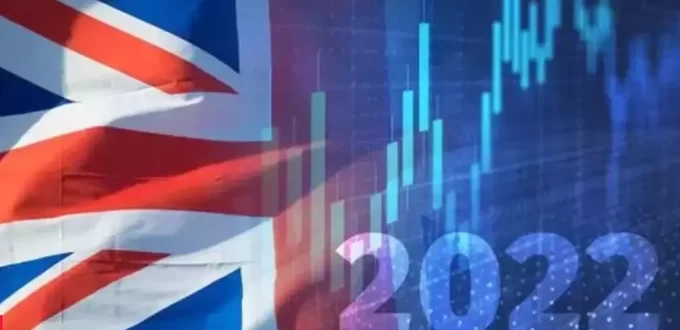The economy of the UK has recovered from the initial phases of the coronavirus pandemic after a year and a half. The country’s national output is currently 0.7% more than what it was in February 2020. Economists were optimistic that the Omicron wave would pass over without causing significant damage to the economy. They were considering embracing different approaches to tackle its subsequent waves when it came to supporting businesses and homes in the nation.
Kavan Choksi– the performance of the UK economy during the Omicron outbreak
According to business and finance expert Kavan Choksi, UK’s economy performed better than expected in November that same year. However, he has observed that the UK went through a V-shaped recession with a massive decline in economic activities in March and April 2020 after witnessing a swift rebound, even if it was interrupted for a brief period of time.
How is the COVID-19 pandemic impacting the economy of the UK?
According to him, the nature of the coronavirus in the UK has impacted its economy to behave in the above manner. The Government of the UK declared lockdowns to prevent the spread of the coronavirus, and after it lifted these restrictions, the businesses reopened, leading to the recovery of the economy.
Besides the above, the financial crisis from 2008 to 2009 led to the decline of the economy of the UK, but it was lesser than in 2020. However, the time the economy took to recover was longer. The impact of this financial crisis would have been more minor if the epidemic did not occur.
How severe is this damage to the economy?
Now the question is- will the UK return to its pre-pandemic trajectory, or will the country permanently lose its output? According to him, the Office for Budget Responsibility and The Bank of England anticipates that the pandemic will definitely leave some scars, even if there are reduced projections of severe damage to the economy in the last 18 months due to the resilience of the labor market.
An outbreak of confusion still prevails in the country
Moreover, he also believes that the arrival of the Omicron virus has created a lot of confusion in the economy of the country. Individuals are being cautious because there are many employees who are being absent from work. The Government also has its Plan B limitations, so January had been a challenging month for them. This confusion still prevails as no one knows if there will be subsequent waves of the Omicron variants in the forthcoming months or not.
Experts like Kavan Choksi predict that the economy will slip below the peak it experienced in February 2020. He also believes that the economy will suffer a setback in the later months because the taxes and the costs of energy are increasing. It is hard for them to anticipate whether the economy will step back or move forward due to these trends. However, he adds that the above trend is expected from the UK economy if you observe its performance in the past few years, so this act of stepping back and forth is something expected from the UK economy and nothing to be concerned about!


No Comments Yet